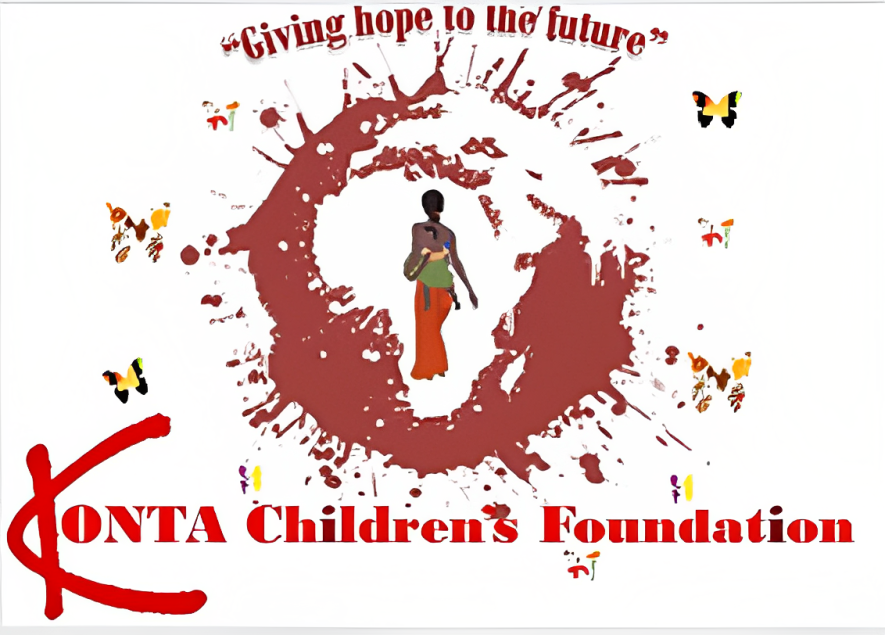TRACY CHAPMAN

Tracy Chapman (born March 30, 1964) is an American singer-songwriter. Chapman is best known for her hit singles “Fast Car” (1988) and “Give Me One Reason” (1995). She was signed to Elektra Records by Bob Krasnow in 1987. The following year she released her debut album, Tracy Chapman, which became a commercial success, boosted by her appearance at the Nelson Mandela 70th Birthday Tribute concert, and was certified 6× Platinum by the Recording Industry Association of America. The album received six Grammy Award nominations, including one for Album of the Year, three of which she won: Best New Artist, Best Female Pop Vocal Performance for her single “Fast Car”, and Best Contemporary Folk Album. In 1989 she released her second album, Crossroads, which earned her an additional Grammy Award nomination for Best Contemporary Folk Album. Her third album, Matters of the Heart, followed in 1992.
Her fourth album, New Beginning, was released in 1995 and became another worldwide success. It was certified 5× platinum by the RIAA and yielded the hit single “Give Me One Reason”, which earned her the Grammy Award for Best Rock Song. Five years would pass before the release of her fifth album, Telling Stories (2000). Let It Rain and Where You Live followed in 2002 and 2005, respectively. Her most recent studio album is Our Bright Future, was released in 2008. The remastered compilation album Greatest Hits, which she curated, was released in 2015. In 2023 she became the first black woman to score a country number one with a solo composition when Luke Combs covered her song “Fast Car”.
Chapman was born in Cleveland, Ohio. Her parents divorced when she was four years old. She was raised by her mother, who bought her a ukulele at age three. She began playing guitar and writing songs at age eight. She says that she may have been first inspired to play the guitar by the television show Hee Haw. In her native Cleveland she experienced frequent bullying and racially motivated assaults as a child.
Raised a Baptist, she attended an Episcopal high school and was accepted into the program A Better Chance, which sponsors students at college preparatory high schools away from their home communities. She graduated from Wooster School in Connecticut then attended Tufts University, majoring in Anthropology. While a student at Tufts, she busked in nearby spots, including Harvard Square and on MBTA Red Line platforms.
Chapman made her major-stage debut as an opening act for women’s music pioneer Linda Tillery at Boston’s Strand Theatre on May 3, 1985. Another Tufts student, Brian Koppelman, heard her playing and brought her to the attention of his father, Charles Koppelman. Koppelman, who ran SBK Publishing, signed her in 1986. After she graduated from Tufts in 1987, he helped her to sign a contract with Elektra Records.
At Elektra, she released Tracy Chapman (1988). The album was critically acclaimed, and she began touring and building a fanbase. “Fast Car” began its rise on the U.S. charts soon after she performed it at the televised Nelson Mandela 70th Birthday Tribute concert at Wembley Stadium, London, in June 1988. At the concert, she initially performed a short set in the afternoon, but reached a larger audience when she was a last-minute stand in for Stevie Wonder, who had technical difficulties. This appearance is credited with greatly accelerating sales of the single and album. “Fast Car” became a No. 6 pop hit on the Billboard Hot 100 for the week ending August 27, 1988. Rolling Stone ranked the song No. 167 on their 2010 list of “The 500 Greatest Songs of All Time”. “Talkin’ ’bout a Revolution”, the follow-up to “Fast Car”, charted at No. 75 and was followed by “Baby Can I Hold You”, which peaked at No. 48. The album sold well, going multi-platinum and winning three Grammy Awards, including an honor for her as Best New Artist. Later in 1988 she was a featured performer on the worldwide Amnesty International Human Rights Now! Tour.
Her follow-up album, Crossroads (1989), was less commercially successful than her debut had been, but it still achieved platinum status in the U.S. In 1992 she released Matters of the Heart. Her fourth album, New Beginning (1995), proved successful, selling over five million copies in the U.S. alone. The album included the hit single “Give Me One Reason”, which won the 1997 Grammy for Best Rock Song and became her most successful single in the U.S. to date, peaking at No. 3 on the Billboard Hot 100, and going Platinum. Following a four-year hiatus, her fifth album, Telling Stories, was released in 2000, and later went gold. She released her sixth album, Let It Rain, in (2002).
She was commissioned by the American Conservatory Theater to compose music for its production of Athol Fugard’s Blood Knot, a play about apartheid in South Africa, staged in early 2008. Atlantic Records released her eighth studio album, Our Bright Future (2008). The album earned her a Grammy nomination for Best Contemporary Folk Album the following year.
She was appointed a member of the 2014 Sundance Film Festival U.S. Documentary jury. She performed Ben E. King’s “Stand By Me” on one of the final episodes of the Late Show with David Letterman in April 2015. The performance became a viral hit and was the focus of various news articles including some by Billboard and The Huffington Post. Chapman and Eric Clapton on stage at a White House Special Olympics dinner, December 1998. On November 20, 2015, she released Greatest Hits, consisting of 18 tracks including the live version of “Stand by Me”. The album is her first global compilation release.













